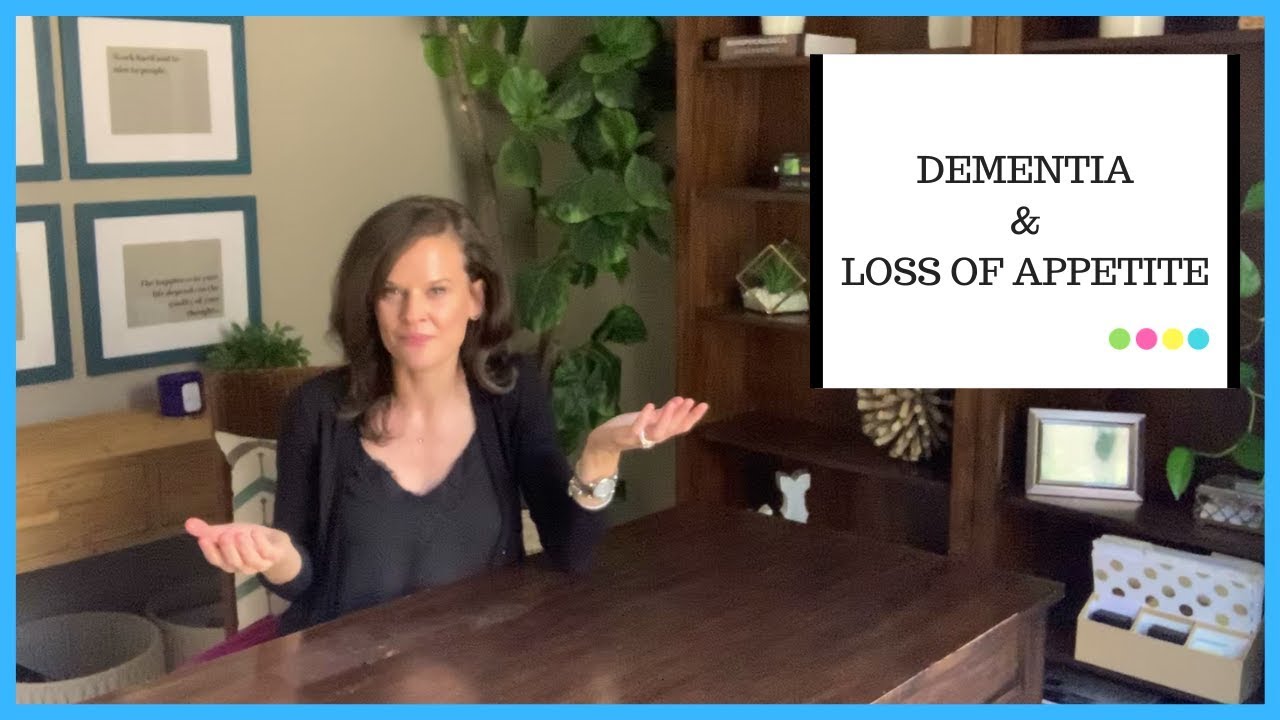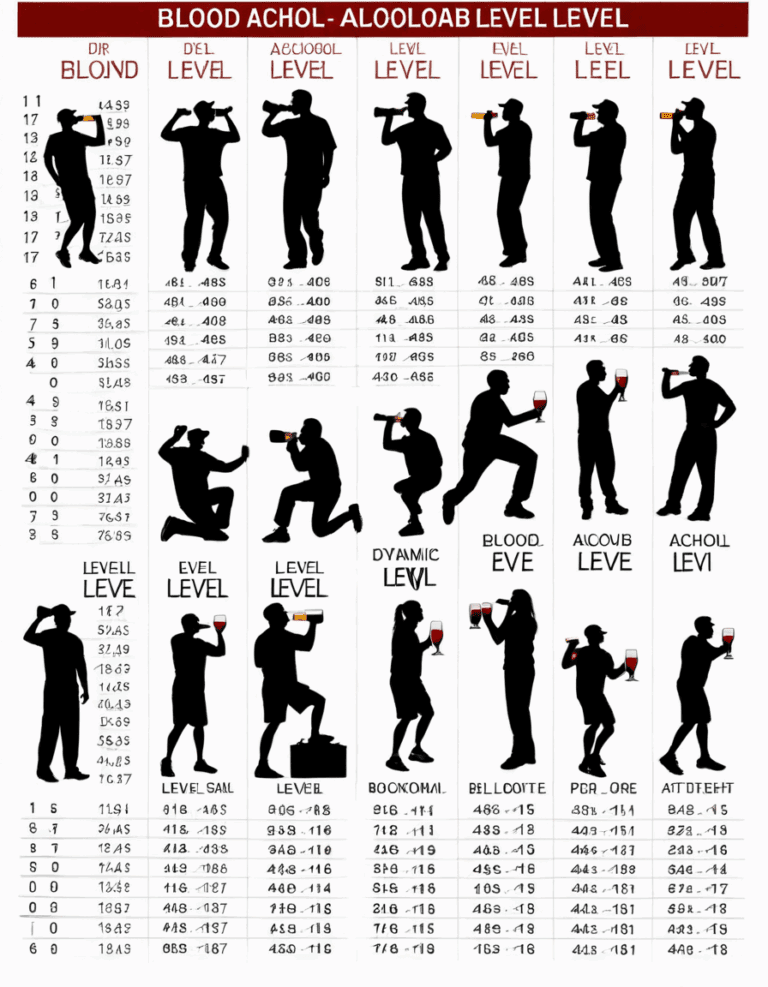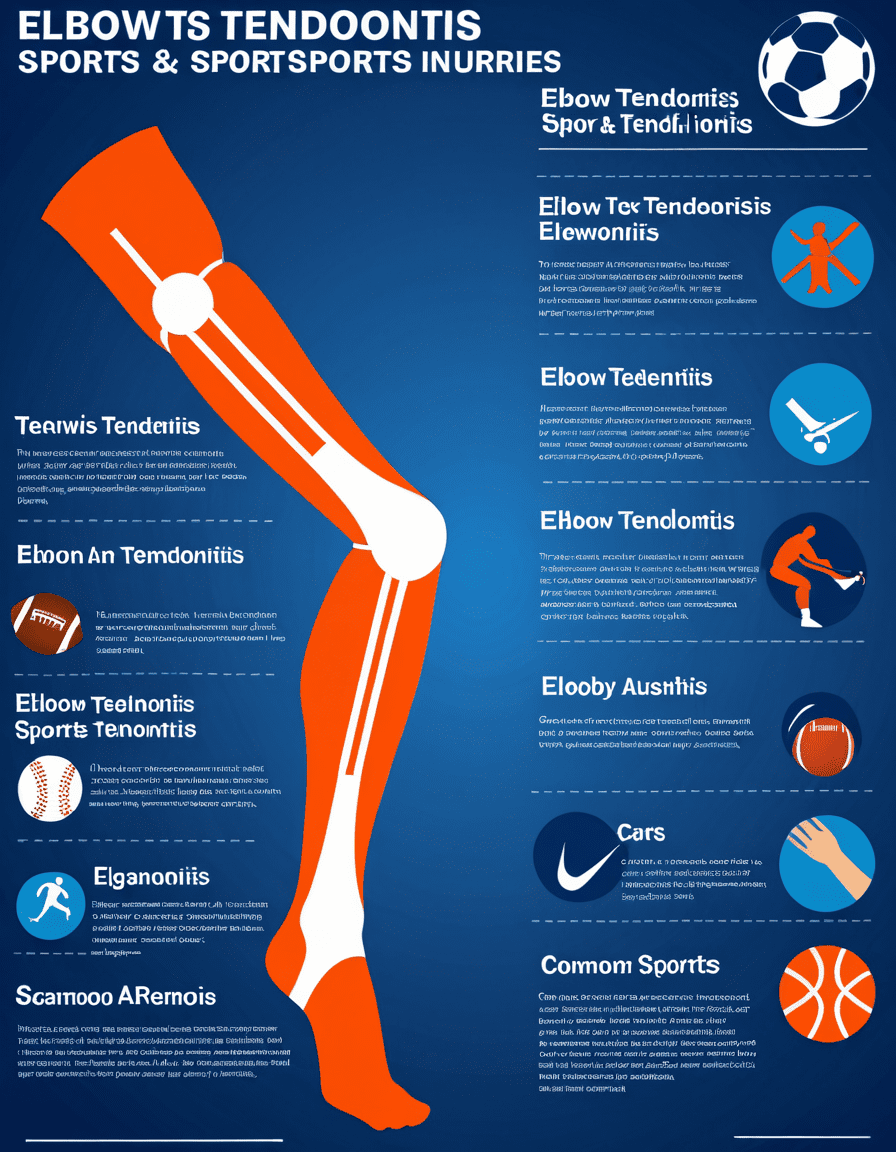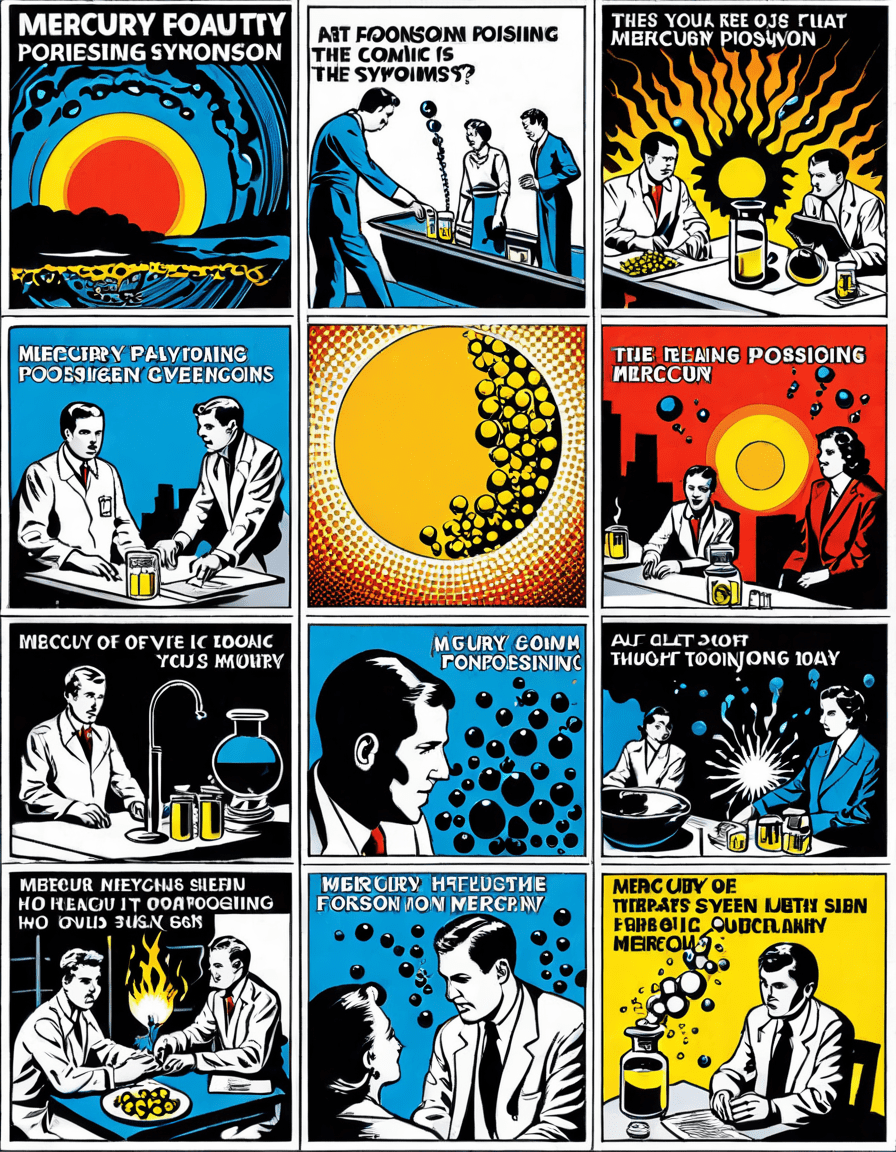Loss of appetite, also known as anorexia, is more than just a passing phase. This condition can wreak havoc on your body, leading to serious consequences like weight loss, nutritional deficiencies, and a host of health issues. If you’re feeling less hungry than you used to, it’s crucial to uncover the reasons behind your loss of appetite. By identifying these factors, you can take the right steps to regain your health and vitality. So let’s dig into the meat of this issue!

Top 7 Causes of Loss of Appetite

1. Physical Illness
Chronic physical conditions like diabetes, cancer, or liver disease can significantly diminish one’s appetite. For example, cancer patients often show a sharp decrease in appetite due to metabolic changes and the heavy psychological burden of their illness. Did you know that a staggering 80% of cancer patients experience some level of appetite loss during treatment? This isn’t just an inconvenience; it’s a serious health risk.
2. Mental Health Disorders
Don’t underestimate the role that mental health plays in your eating habits. Disorders such as depression and anxiety can zap your desire to eat. A 2021 study from the American Journal of Psychiatry found that cognitive behavioral therapy helped many individuals battling severe depression regain their appetite. Feeling down about food? You’re not alone—but it’s a fight you can win.
3. Medications and Treatments
Sometimes, medications can mess with your appetite. For instance, some sinusitis medications, particularly decongestants like pseudoephedrine (found in Sudafed), can dull your desire to eat. The side effects of heart disease meds can do the same. If a new prescription has thrown a wrench in your eating habits, talk to your doctor.
4. Gastrointestinal Disorders
Conditions like Crohn’s disease and irritable bowel syndrome (IBS) often lead to discomfort when eating, causing individuals to shy away from food. A survey by the American Gastroenterological Association found that about 70% of IBS patients reported a substantial drop in appetite due to their condition. If your gut’s unhappy, it won’t just affect your body but your cravings as well.
5. Aging
With age comes wisdom, but it can also bring a sharper decline in appetite. As metabolism slows down, tastes can change, leading to a dwindling should-do list when it comes to your diet. Findings from The Journals of Gerontology point out that older adults often need specialized nutritional guidance to tackle appetite loss. Don’t let age sabotage your health goals!
6. Lifestyle Factors
Stress can be a silent killer—impacting your appetite more than you might realize. A 2022 study in the Journal of Health Psychology emphasized that chronic stress leads to higher cortisol levels, which can greatly suppress appetite. Feeling overwhelmed? Your body might just be reflecting that in how it reacts to food.
7. Substance Abuse
Alcohol and drugs can hijack your eating habits completely. A report from the National Institute on Alcohol Abuse and Alcoholism indicated that alcohol dependence is often associated with reduced appetite. When you’re stuck in the cycle of substance abuse, your dietary needs can fall by the wayside, leading to severe weight loss and nutritional deficiencies. Break free, and your diet can improve too!

Effective Solutions to Combat Loss of Appetite
1. Nutritional Supplements
If you’re struggling to get your fill, meal replacement shakes like Ensure or Boost can provide essential nutrients without the fuss of large meals. This is especially helpful if you’re fighting a chronic condition or are in your golden years. Nutritional shakes are like the little soldiers of the food world—fighting malnutrition, one sip at a time!
2. Mindful Eating Practices
Turn your meals into an experience! Engaging in mindful eating can significantly improve your appetite. Focus on the flavors and textures while minimizing distractions—this can make food feel less like a chore and more of a delight. Research published in the Appetite journal back in 2020 supports this practice, proving it can rekindle your passion for food.
3. Psychological Support
Sometimes, your best weapon against loss of appetite is sitting down with someone who knows how to help. Psychotherapy and support groups can be lifelines for those experiencing loss of appetite related to mental health problems. Cognitive behavioral therapy is well-established as an effective treatment, helping you overcome the psychological barriers that hold you back from enjoying food.
4. Culinary Enhancements
Make food irresistible again! Adding flavorful spices and herbs can make all the difference. Think rosemary roasted chicken or basil pesto pasta. When you create a visually pleasing and aromatic dish, your cravings can snap back with a vengeance. Beautiful food has a magnetic effect—let it draw you in!
5. Regular Physical Activity
Feeling sluggish? A little exercise can fire up your metabolism and stimulate your appetite. A study highlighted in the Journal of Physical Activity and Health revealed that even just 30 minutes of moderate activity, like brisk walking or yoga, could significantly increase your appetite. So throw on those sneakers and get moving!
6. Social Meals
Eating alone can dampen the experience, so share your meals with friends or family. Community dining has shown to enhance the overall experience and can spark emotional motivation to eat. Laughter and good company can turn a bland dinner into a five-star feast, so don’t underestimate the power of social meals.
7. Consulting Healthcare Providers
If appetite loss persists, don’t hesitate to consult a healthcare provider. They can identify if there’s a deeper issue at play and recommend specific interventions. Whether it’s adjusting your medications or implementing nutritional strategies, a pro could help unlock the door to better health.

Reinventing Your Relationship with Food
Addressing loss of appetite isn’t just about increasing food intake; it’s about reshaping how you view nourishment. This multi-dimensional issue calls for both physical and mental solutions to make substantial changes in your life. With a mix of nutritional adjustments, supportive therapy, and engaging dining experiences, you can revitalize not just your appetite but your overall wellness.
Life’s too short to be feeling blah about food! So, roll up your sleeves and take charge. By implementing these strategies, you’ll tackle your loss of appetite head-on and boost your physical and mental vitality! Remember, getting shredded is not just about lifting weights—it’s about feeding your body like a champion. Go crush those goals!

Loss of Appetite: Fun Trivia and Interesting Facts
Understanding the Quirks of Loss of Appetite
Ever found yourself staring at a plate of your favorite food, yet you just can’t muster the enthusiasm to dig in? That’s the puzzling phenomenon of loss of appetite. Interestingly, it can stem from various causes ranging from stress to underlying health issues. In fact, did you know that goiter symptoms can include a decrease in appetite? It’s a reminder of how interconnected our body systems are, and how a small thyroid issue can impact more than just your neck.
Moreover, some folks turn to 0 calorie snacks in a bid to stay on track with their health goals, but ironically, these can sometimes further diminish appetite. While they’re great for curbing cravings, they can also leave you feeling a bit unsatisfied, which complicates the desire to eat. It’s all about balance!
The Role of Lifestyle and Remedies
Lifestyle choices significantly affect our hunger signals. Stress, for instance, can wreak havoc on your appetite, transforming it into a fleeting idea rather than a necessity. If you’re looking for natural ways to entice your appetite, consider the benefits of honey. It’s not just a sweet treat; a little bit can actually boost your energy and stimulate those taste buds. This makes it a fun and enjoyable option to explore!
For those dealing with illnesses like mononucleosis, understanding mono treatment options can be crucial. The illness often includes fatigue and a lack of appetite. But worry not—taking small, nutritious bites and incorporating flavorful foods can help reignite your desire to eat. It’s amazing how a little creativity in the kitchen can brighten your meals when you’re under the weather.
Social Factors and Psychological Aspects
Did you know that social factors play a surprising role in our appetite levels? Sharing a meal with friends or family can foster a positive atmosphere that sparks interest in food. And speaking of food, if you’re ever in Gstaad, indulge in the local cuisine—it’s hard not to feel hungry there! However, sometimes it’s the idea of comfort food that helps reignite our cravings, tying back to the undeniable coziness of a comfy couch where we often enjoy those tasty bites.
Staying attuned to our body’s signals and finding solutions, such as using black seed oil for its potential health benefits, can rejuvenate our appetite. Ultimately, the journey of tackling loss of appetite can be transformative when we recognize its multifaceted nature, making it a worthwhile discussion for anyone looking to enhance their overall well-being.



























